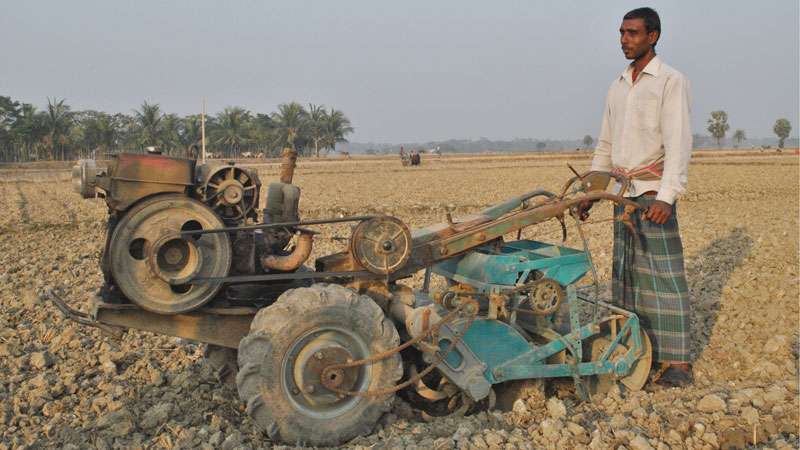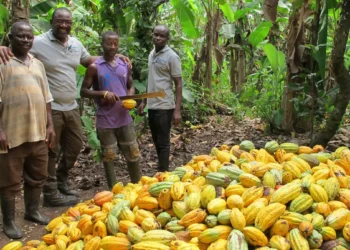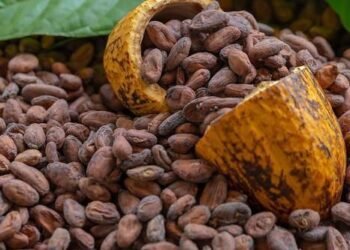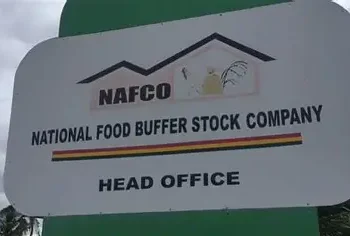The Peasant Farmers Association of Ghana (PFAG) has called on government to as a matter of urgency to reduce the high cost of farm inputs to increase agricultural production this farming season.
The call was made by Dr Charles Nyaaba, the Executive Director of PFAG. According to him, last year, most farmers complained of the cost of farm inputs, which was one of the key challenges that affected large scale production in the country.
While addressing a validation workshop in Tamale on Planting for Food and Jobs programme organised by PFAG with support from Oxfam, Dr Charles Nyaaba stressed on the importance of cheap farm inputs to food sustainability.
The workshop is expected to improve strategies for the implementation of the Planting for Food and Jobs programme.
Dr Nyaaba noted that a Ghana Statistical Service report indicated that food inflation as of January, this year, was 60 per cent, which is a worry to the citizenry.

Dr Nyaaba intimated that a research conducted by PFAG indicated that about 70 per cent of poultry farmers had closed due to the high cost of production and urged the government, to promote the use of organic fertilizer to reduce the high cost of inorganic fertilizer farmers depended on for crop production.
Mr Sayibu Yakubu Morison, a farmer from the Mion District of the Northern Region, also lamented the high cost of farm inputs, which he said last year limited the quantities farmers could produce and sell under the Planting for Food and Jobs programme.
However, Hajia Boako Abiba, a farmer from Saboba District, on her part, complained about the late delivery of fertilizer and seeds under the Planting for Food and Jobs programme. She urged the government to improve the roads in rural areas to enable farmers to receive farm inputs on time.
Issues of Quality Farm Inputs Under the Planting for Food and Jobs
Mr Marifah Abdul, a farmer from Sissala East, said the issue of quality farm inputs under the Planting for Food and Jobs programme should be a matter of concern, as it had serious implication on production.
Hajia Musah Hawa, Northern Regional Director of Agriculture, urged PFAG to come out with strategies to support government to ensure food security.
With what is accounting for the high prices of inputs, the President of the Peasant Farmers Association of Ghana, Awal Wepia Addo, explained that the cedi’s current weakness has made the lives of farmers miserable, as it has led to increments in the price of inputs.
“It will surprise you to note that our crop budget for an acre of maize which used to be around GH¢1,700 in 2021 has jumped to an unbelievable GH¢5,000 for this planting season. Sadly, the cedi’s poor performance coupled with high fuel prices are pushing prices further up daily.
“Farmers have been left with little or no choice but to either under produce or seek alternative livelihoods, since farming has become a catastrophe in Ghana. The result is low production coupled with high prices of food we are witnessing in the markets.”
Awal Wepia Addo
According to Awal, a proper diagnosis of the situation would reveal to government that it is not the greed or profiteering nature of traders causing the high food prices, but rather the ever-increasing high cost of production which is forcing farmers and other traders to transfer these costs to consumers so as to make up for their production costs.
READ ALSO: AngloGold Outlines Plans to Switch Primary Listing to NYSE





















